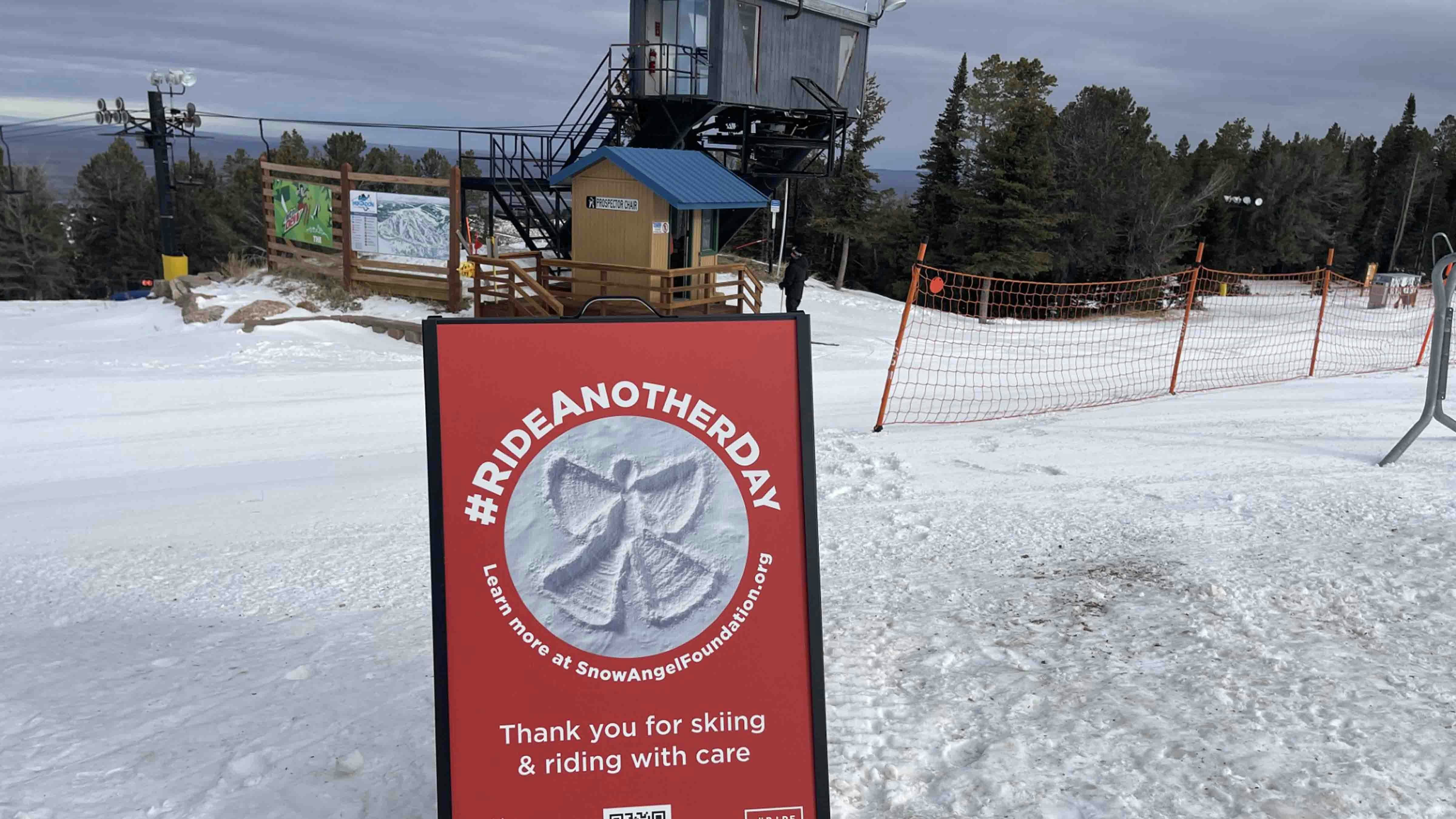Climate Central, nonprofit group that researches the impacts of climate change, is claiming that winter has become several days shorter in Wyoming and around the Rocky Mountain Region because of climate change.
According to the group’s newly released report, Mountain West states like Idaho, Montana, New Mexico and Arizona lost between two and 10 below-freezing days between 2014 and 2023. Wyoming endured an average loss of two below-freezing days over the same decade.
For longtime Wyoming meteorologist Don Day, reports like Climate Central’s are misleading and what he calls “climate porn.” It’s part of his frustration with the discussion and mainstream media coverage of climate change and how accurate data can be used to draw misleading conclusions.
“I like to say you can torture data to make it confess anything,” Day said. “If a person communicating this information doesn’t have a long-term historical perspective of climate in any region around the world, it's easy for the data to lead you to some conclusions that may or may not be correct. This is one of them.”
It’s Complicated
Day’s thoughts on the politically charged topic of climate change are complicated, to put it mildly. However, the scientific and meteorological discussion of climate change and the conclusions drawn from the available data tend to be far too simple for his liking, and much of it is ill-informed.
“I have significant issues with a lot of what's out there about climate change,” he said. “I'm inherently skeptical of a lot of claims, and I'm inherently skeptical of conclusions like the one from Climate Central, and there's good reason for it.”
For his Wyoming forecasts, Day said he draws from numerous sources, including computer-generated weather models and historical climate data. In his experience, any of that data can be easily misinterpreted or, in some cases, manipulated to draw a desired conclusion.
“When it comes to weather and climate data, that’s when I get passionate about it,” he said. “I am all for studying greenhouse gasses and their impact on climate and weather, but I will cry foul when people start playing with numbers and jumping to conclusions.”
A Decade Of Data
Day’s main criticism of Climate Central’s conclusion is the range of data they used. He doesn’t think anything can be said about climate change when only examining a 10-year period.
The report notes fewer below-freezing days and is based on the assumption this must be because of climate change.
“I almost laughed when I saw that,” he said. “Using 10 years of information to claim that we’re losing up to 10days of subzero temperatures is laughable. That wouldn't withstand any scientific scrutiny.”
Day doesn’t deny that there’s been a “warming trend” over the last decade, as climate data collected between 2014 and 2023 show. However, saying that the trend has led to a loss of winter days is a stretch — and a misleading one at that, he said.
For example, Day recalled how the opposite reaction was seen after meteorologists and climate scientists examined the 10 years between 1970 and 1980.
“If Climate Central looked at Wyoming during those 10 years, they would have seen an increase in freezing temperatures and winter days,” he said. “You could conclude that we were heading toward another ice age, which is what people did at the time. There were discussions about putting carbon soot on the Arctic ice sheets to make the world warmer.”
Day also takes issue with the “implication” that any winter days lost during the 10 years between 2014 and 2023 are gone forever. Climate Central doesn’t outright say the loss is irreversible, but he believes that’s the conclusion the group wants people to take from its assessment.
“The implication is Wyoming has lost two days of freezing temperatures and they’re never coming back, like,due to climate change,” he said. “People have to tread very, very carefully with conclusions like this.”
Cyclical And Non-Linear
For what can and can’t be said about climate change, Day knows Wyoming’s weather. Climate change might explain the warming period between 2014 and 2023, but he sees another historical pattern that contributed.
“I can tell you there's been multiple La Ninas in the last 10 years,” he said. “That is a warm signal that has nothing to do with climate change and everything to do with the Pacific Ocean. And back in the 1970s, there were a lot more El Ninos with the opposite impact.”
If Wyoming has lost any winter days in the last decade, Day believes they’ll return. Saying or insinuating a permanent loss of that weather to climate change is too much to take away from a limited data set.
“Causation isn't necessarily correlation,” he said. “A lot of people walk into that scientific trap. That’s why I cry foul when people start playing with numbers and jumping to conclusions.”
Day said Wyoming’s climate is cyclical but non-linear. Historically, anything “lost” will be regained over time, even if it isn’t clear how long it will take.
“Historically, when you see these changes, you need to chill and let nature go through its cycle,” he said. “If we’ve lost those days of freezing temperatures, they will be gained back. I can't tell you when, but historically, the trends show that that will happen.”
Andrew Rossi can be reached at arossi@cowboystatedaily.com.





